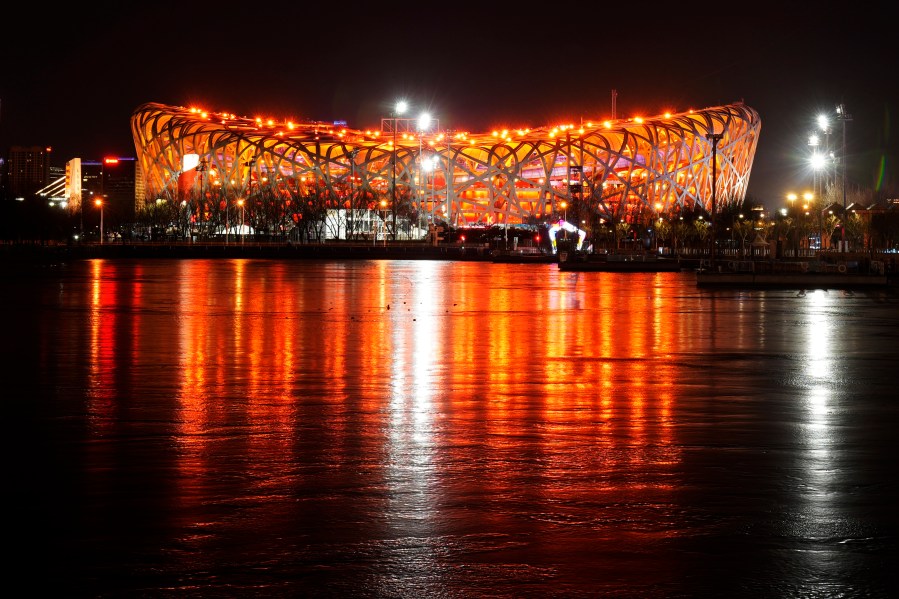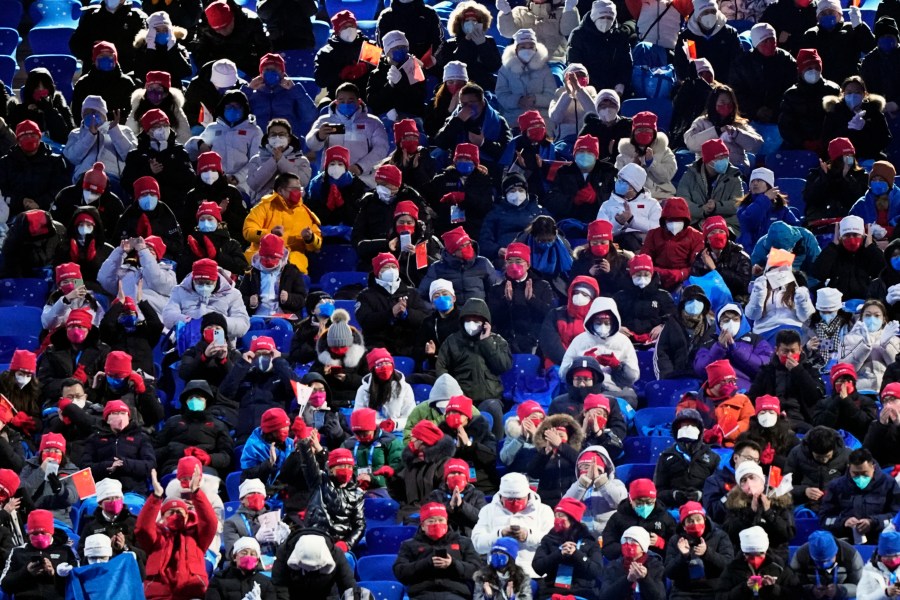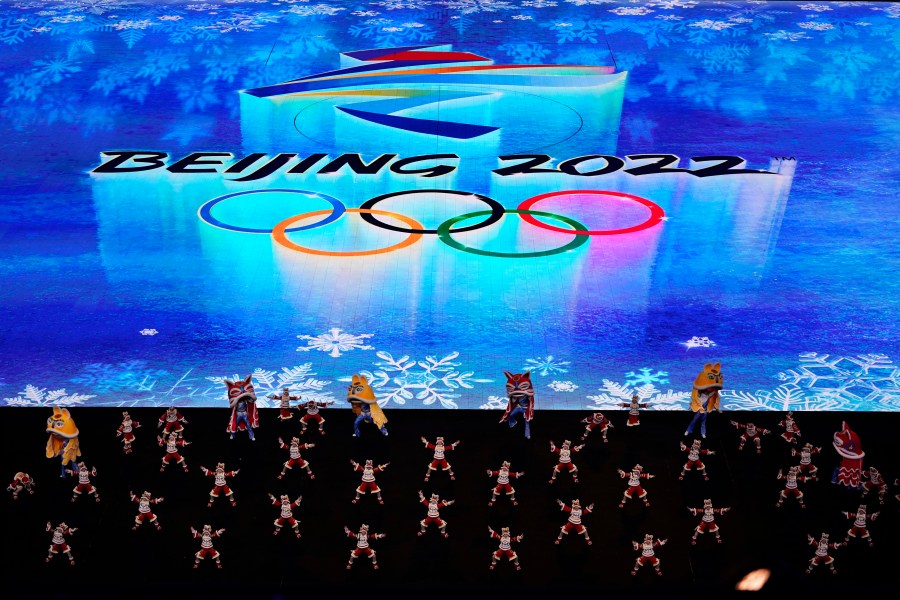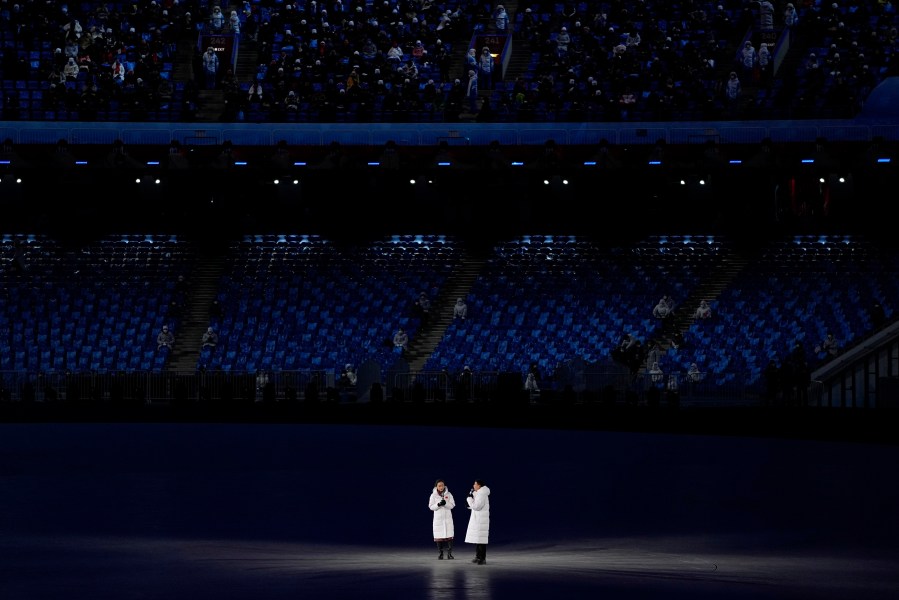BEIJING (NewsNation Now) — The opening ceremony of the 2022 Beijing Winter Olympics kicked off on Friday, culminating preparations that were riddled by the COVID-19 pandemic and criticism over human rights in China that led several countries to mount a diplomatic boycott.
The ceremony began just after the arrival of Chinese President Xi Jinping and International Olympic Committee President Thomas Bach at the same lattice-encased National Stadium that hosted the inaugural event at the 2008 Olympics.
With the dimming of the lights, Beijing became the first city to host both winter and summer Games. And while some are staying away from the second pandemic Olympics in six months, many other world leaders planned to attend the opening ceremony. Most notable: Russian President Vladimir Putin, who met privately with Xi earlier in the day as a dangerous standoff unfolds at Russia’s border with Ukraine.
Director Zhang Yimou said the ceremony takes into account the changed global backdrop, including the pandemic and what he said were hostile forces “suppressing and blackening” China.
“In this new and complex global situation, the Winter Olympics will show the confidence and pride of the Chinese people, the love of Chinese people, the affection of Chinese for the people of the world,” he told state news agency Xinhua.
For Beijing, these Olympics are a confirmation of its status as world player and power. But for many outside China, particularly in the United States, Britain, Australia and Canada, they have become a confirmation of the country’s increasingly authoritarian turn.
Chinese authorities are crushing pro-democracy activism, tightening their control over Hong Kong, becoming more confrontational with Taiwan and interning Muslim Uyghurs in the far west, a crackdown the U.S. government and others have called genocide.
China has said the camps are “vocational training and education centers” that are part of an anti-terror campaign. It denies any human rights violations and says it has restored stability to Xinjiang, a region it insisted in the months after the 9/11 attacks was rife with extremism, often with little evidence.
The pandemic also weighs heavily on this year’s Games, just as it did last summer in Tokyo. More than two years after the first COVID-19 cases were identified in China’s Hubei province, nearly 6 million human beings have died and hundreds of millions more around the world have been sickened.
The host country claims some of the lowest rates of death and illness from the virus, in part because of sweeping lockdowns imposed by the government that were instantly apparent to anyone arriving to compete in or attend the Winter Games.
The Games take place over 16 days with notable events like figure skating, Alpine skiing, hockey and curling.



